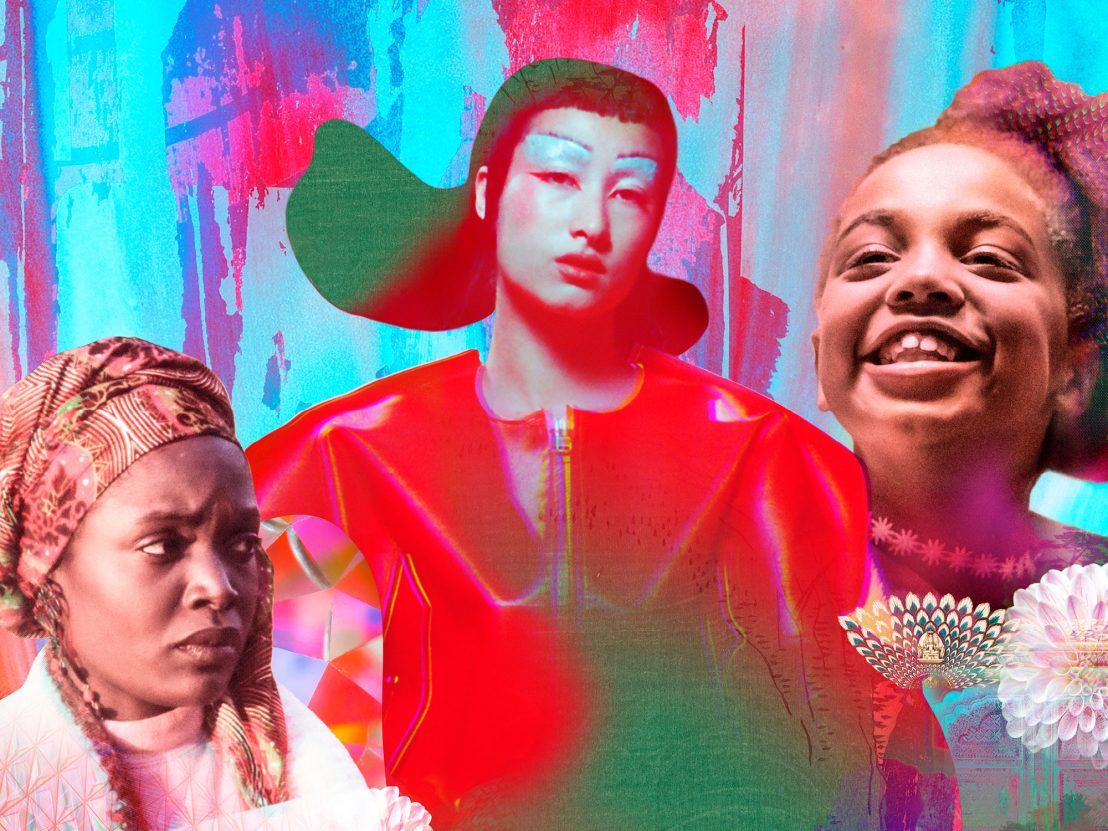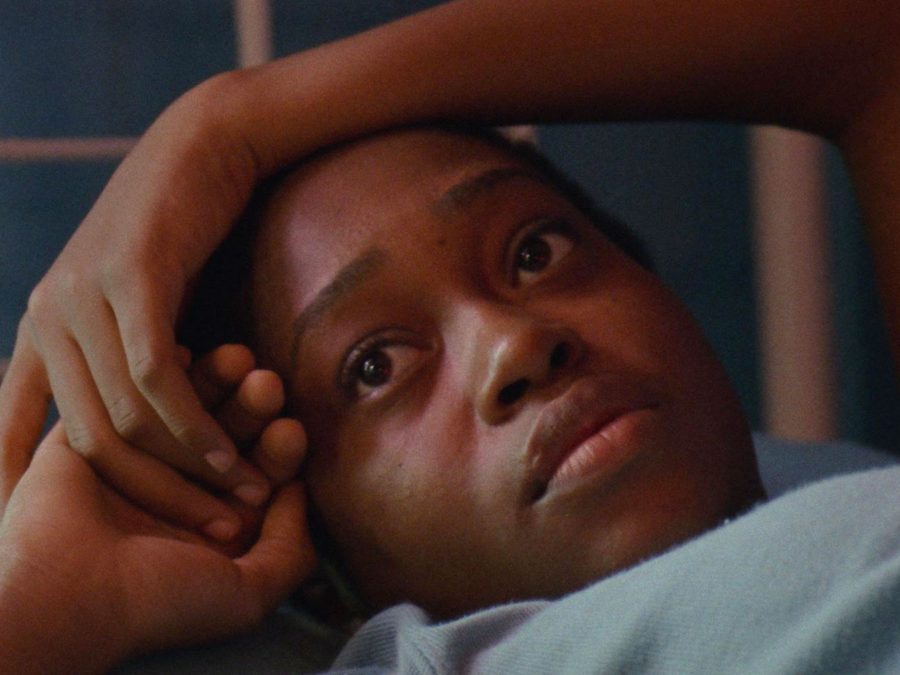
There’s a stark contrast between the films that T A P E Collective have selected for their upcoming BFI season ‘But Where Are You Really From?’ and their experience creating it. While films like Black Girl, Binti and Shoot the Messenger tell of people of colour being exploited and abused, the programmers have been given total support and encouragement. “There’s been massive support from the proposal stage onwards,” says Isra Al Kassi, one of T A P E’s founders. “I don’t think there’s ever been a compromise or a moment that [the BFI] have been difficult.”
T A P E, which consists of Al Kassi, Angela Moneke and Nellie Alston, are steadfast in their unwillingness to dilute themselves to be more palatable to larger institutions or broader audiences. “We had this conversation recently about not wanting to compromise,” Al Kassi adds. “We’ve established what we want to do and what we want to champion and the way we want to operate.” In the case of this season, that means presenting classic films from Ousmane Sembène and Elia Kazan alongside new works like Aleem Khan’s After Love and Runyararo Mapfumo’s documentary short What’s in a Name?
Al Kassi and Moneke founded T A P E in 2015 after meeting on the Barbican Young Programmers scheme, with Alston joining soon afterwards (“I basically fan-girled my way in”). They all currently work in different areas of the film industry, with Moneke in production, Alston in distribution and Al Kassi in exhibition and outreach. T A P E is their “passion project” and they have built a strong identity and devoted following over the years.
“We had no interest in trying to convince someone to let us be there,” Al Kassi explains. “We wanted to do something that we knew people would attend without having to convince someone of its worth. But actually just do it in comfortable spaces, which is why we started with the community cafe in Peckham.” As it was International Women’s Month (and they were limited to films within the public domain) they showed proto-feminist dramedy The Wild Party by Dorothy Arzner paired with Lois Weber’s split-screen thriller Suspense. “None of the tech was working,” Moneke laughs, “but it was amazing.”
While things have changed “a lot” since T A P E began, Alston believes they have retained their distinct approach to programming. “A huge part of it is that the programming doesn’t speak to everyone,” she says. “The film industry is predominantly older and whiter and it’s relatively natural to programme things that speak to your own experience. That’s what we’re talking about here. This is something that speaks to us.”
Part of T A P E’s remit is to champion films that, for whatever reason, struggle to reach the audiences they deserve – or, as Moneke puts it, “could be cult classics.” Rather than “asking for permission, we just sort of put it out there and hope that whoever is interested finds us. We want to share films that we think are interesting and want to talk about and unpack.” One such film is Eyimofe, an intimate drama from first-time directors Arie Esiri and Chuko Esiri about two people who live in Lagos dreaming of immigration.

It’s not just screening these films that interests T A P E, then, but the discussion around them that ensues. As Moneke explains, “part of our model allows for things to be discovered and to be talked about in a different way; we always encourage conversation afterwards.” Those discussions are not always easy, as in the case of Elia Kazan’s Pinky which, brazen McCarthyism aside, is about a white-passing Black woman played by a white actress. For Alston, however, this made its inclusion all the more important. “It would have been quite a controversial film at the time, but in a different way to now. We want to talk about what has really changed in the last 70 years.”
Another discussion will include the writer Nikesh Shukla, who edited the 2016 book ‘The Good Immigrant’, which is one of the season’s core themes alongside “mother tongue” and “the significance of names”. Al Kassi, who is hosting the event, explains, “Though film is our main thing, we’re also trying to look at literature, art and music as part of our digital takeover. We’re curating a playlist of music as well. There’s a lot European rap on there, which I’m personally fascinated by. If you talk about dual heritage and mixed identity, the go-to genre seems to be rap and hip hop.”
While the members of T A P E each have different backgrounds, they all connect with the season’s broader themes. As Al Kassi explains, “It’s a pattern you see repeated no matter what the country of origin is, no matter the country of the film. Whether it’s people living in a diaspora or immigrants or children of immigrants, it’s relatable. Even though the programme seems quite varied, it’s something we all felt we could relate to.”
T A P E Collective are taking over the BFI’s online channels for one week from 28 June, and their season ‘But Where Are You Really From?’ runs at BFI Southbank throughout July.
Published 22 Jun 2021